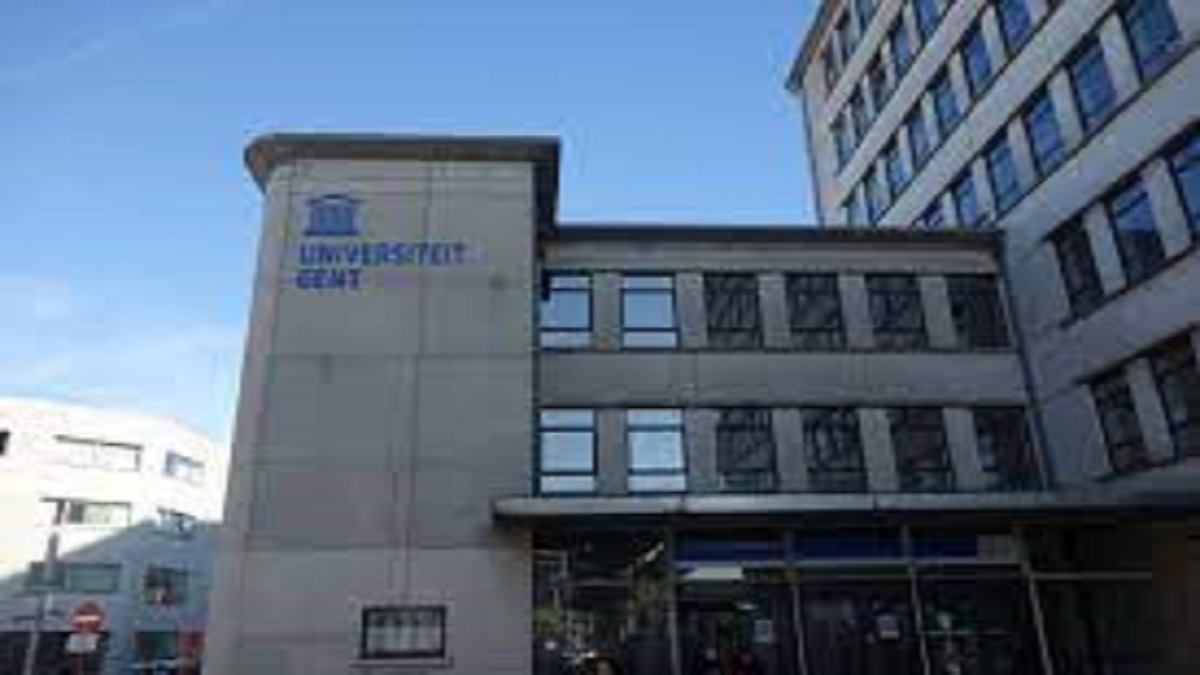
PhD position in the CANOPI project – Carbon and biodiversity work package
Employer : Ghent University
Location : Ghent, Belgium
Given the rapid changes in climate, immense shifts in forest composition, functioning and carbon balance are expected in tropical forests in central Africa. However, no studies have confirmed this worrisome trend using ground-based data, keeping central Africa a particularly understudied region despite its overwhelming size. Whether tropical forests in central Africa will be sensitive to drier conditions –because they are already limited by water availability– or resistant –because they are adapted to seasonal drought– is the ambitious challenge CANOPI aims to tackle (https://www.canopi.uliege.be/).
Your position
The CANOPI project is transdisciplinary and divided in five complementary work packages, each supported by one doctoral work. This position is relative to the second work package addressing the following question. “Which forests in central Africa are carbon sinks or sources, and which (type of) species are declining or currently favoured?”
The candidate will help collect forest inventory data (tree diameter and height) and species traits in nine clusters of existing plots distributed across the undersampled Democratic Republic of Congo and (possibly) Gabon. She/he will use forest inventory data to compare structural attributes (including stem density, basal area, average wood density and canopy height) among the plots and among the two regions (Atlantic forests of Gabon versus Inner Congo basin). This will shed light on the question whether inner Congo basin carbon stocks are truly lower than in other African regions. Forest remeasurement data will allow quantification of carbon gains and carbon losses between consecutive remeasurements (plots were remeasured every 2 to 4 years). This will ultimately allow quantifying the (dynamics of the) carbon sink over the 2010-2020 decade and address the question whether the inner Congo basin carbon sink is lower or higher than in other regions of central Africa. Finally, the longest monitored plots will allow tracking down changes in taxonomic and functional composition, addressing the question whether African forest species communities are truly shifting towards a higher share of drought-adapted species.
Job profile
- We are looking for a highly motivated candidate with a self-organized and solution-oriented work attitude.
- Applicants should hold a MSc degree in bio-engineering, ecology, biogeography, environmental science, computational biology, or related fields. Candidates should be able and willing to conduct fieldwork over extended periods of time under harsh logistic and climatic conditions. The candidate should be able to independently conduct spatial and statistical analyses (in R or other programming language).
- The candidate should be able to speak properly in French for the field and to speak and write properly in English for interactions with colleagues and for scientific communication.
We offer you
A fully-funded PhD position for four years (as of 01/10/2022) in a dynamic research group including professors and other colleagues from Ghent and Liège Universities and the Africamuseum in Belgium, and from the CENAREST in Gabon and the INERA in the Democratic Republic of Congo. You will join a supportive, collaborative and cooperative working environment. You will have the opportunity to be integrated in established (inter)national research networks. Salary and social benefits are provided according to the rules of Ghent University.
How to apply
Prepare a 1-page CV and a 1-page motivation letter and send this to wannes.hubau@ugent.be




